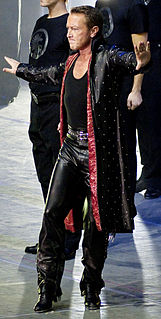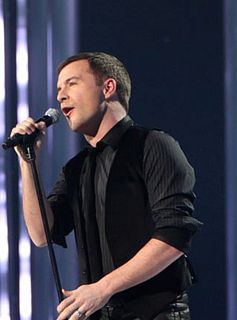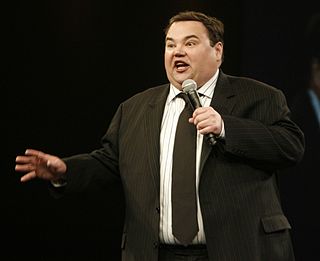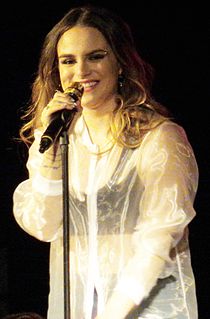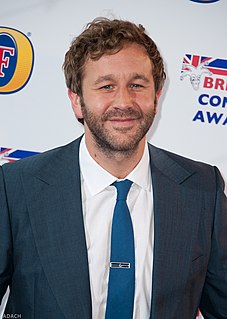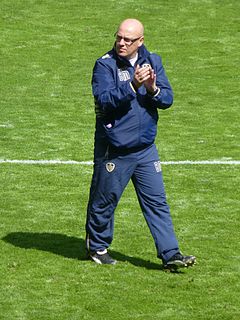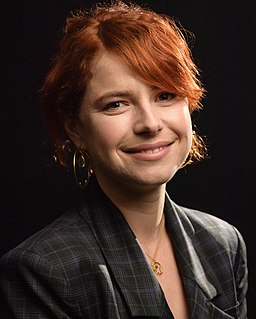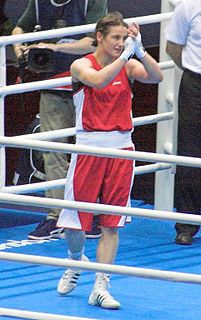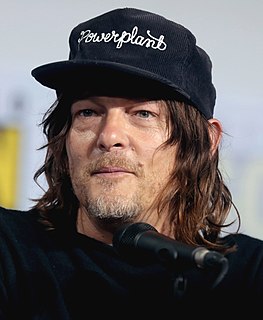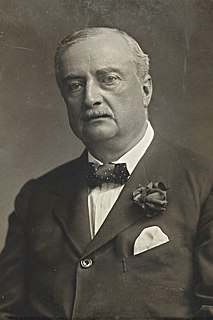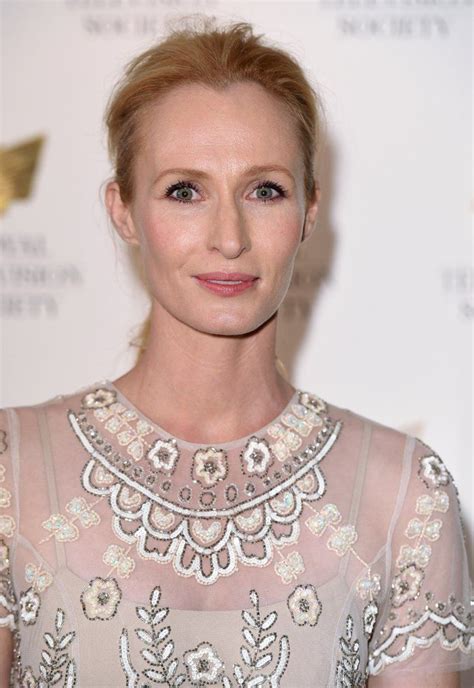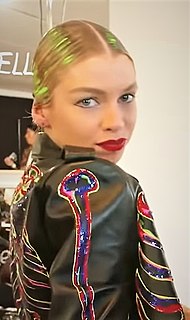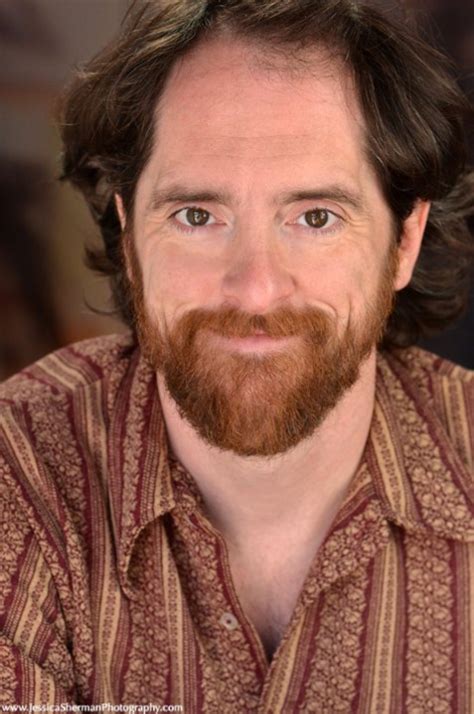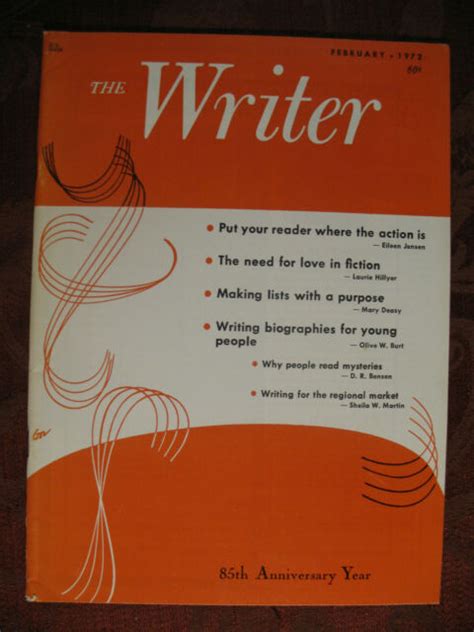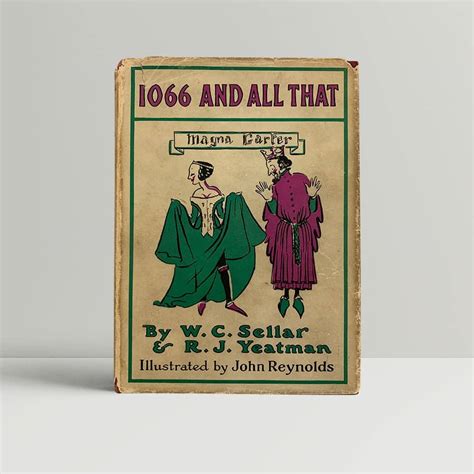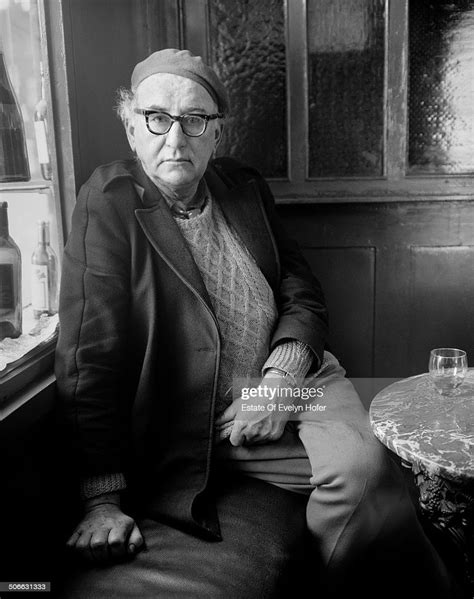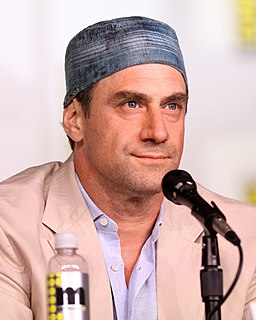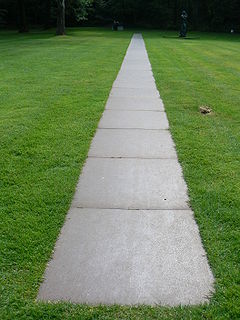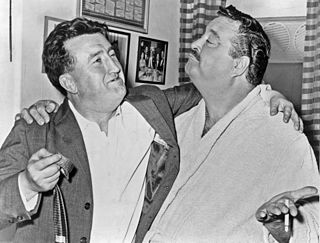Top 1200 Irish Writers Quotes & Sayings
Explore popular Irish Writers quotes.
Last updated on April 14, 2025.
William Maxwell's my favorite North American writer, I think. And an Irish writer who used to write for 'The New Yorker' called Maeve Brennan, and Mary Lavin, another Irish writer. There were a lot of writers that I found in 'The New Yorker' in the Fifties who wrote about the same type of material I did - about emotions and places.
I'm Irish as hell: Kelly on one side, Shanley on the other. My father had been born on a farm in the Irish Midlands. He and his brothers had been shepherds there, cattle and sheep, back in the early 1920s. I grew up surrounded by brogues and Irish music, but stayed away from the old country till I was over 40. I just couldn't own being Irish.
Wherever they went the Irish brought with them their books, many unseen in Europe for centuries and tied to their waists as signs of triumph, just as Irish heroes had once tied to their waists their enemies' heads. Where they went they brought their love of learning and their skills in bookmaking. In the bays and valleys of their exile, they reestablished literacy and breathed new life into the exhausted literary culture of Europe. And that is how the Irish saved civilization.
Irish is harder to pull off. I know southern people and I really like the midwest, so I can tap into that a little bit. It's easier to sound angry with southern than it is Irish. Yelling Irish you can sound like an angry Leprechaun. I think me screaming like I am going to kill you in Irish doesn't work.
Throughout my childhood, I did a form of Irish dancing that was kind of the precursor to 'Riverdance.' It was a mixture of ballet and Irish dancing that my teacher, Patricia Mulholland, had invented, essentially. It was Irish ballet, and she would create performances based around the myths and legends of Ireland.
My first mentor and inspiration was my Irish Dancing teacher Patricia Mulholland. She created her own form of dance known as Irish ballet and created stage productions of old Irish myths and legends. They were my first experiences on stage. She told my mum I was destined for the stage, and I took that as my cue.
The phrase the violent bear it away fascinated the 20th century Irish-American storyteller Flannery O'Connor, who used it as the title of one of her novels. O'Connor's surname connects her to an Irish royal family descended from Conchobor (pronounced Connor), the prehistoric king of Ulster who was foster father to Cuchulainn and husband of the unwilling Derdriu. In the western world, the antiquity of Irish lineages is exceeded only by that of the Jews.
All my family look Irish. They act Irish. My sister even has red hair... it's crazy. I'm the one that doesn't seem Irish. None of the kids in my family, my siblings, speak with an Irish accent... we've never lived there full-time; we weren't born there. We just go there once or twice a year. It's weird. Our parents sound Irish, but we don't.
